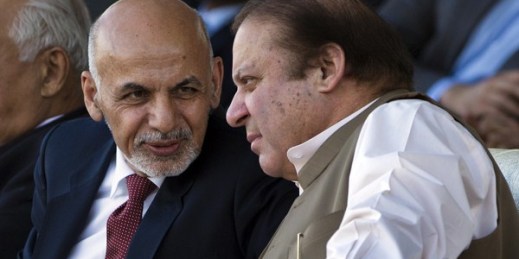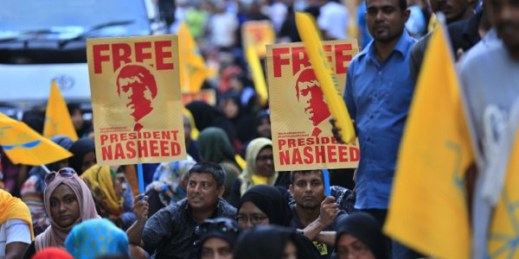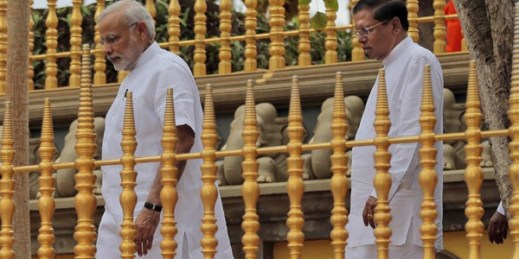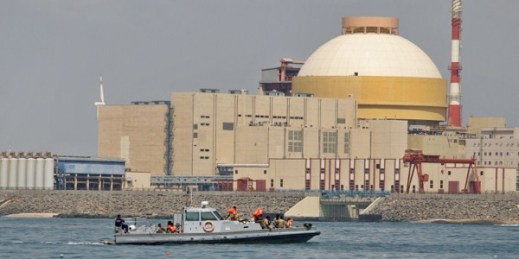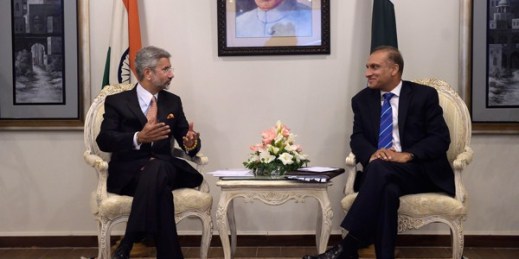
Earlier this month, Indian Foreign Secretary Subrahmanyam Jaishankar went on a whirlwind tour of all seven nations of the South Asian Association for Regional Cooperation (SAARC). The objective was to discuss the implementation of reforms, ranging from developing infrastructure to combating terrorism and improving governance, which member states agreed to during last year’s SAARC summit in Nepal. Strengthening the SAARC to boost South Asia’s economic integration and development has been a key foreign policy objective of Indian Prime Minister Narendra Modi’s government, but beyond that regional agenda, Jaishankar’s trip to Pakistan was also a chance to restart dialogue on bilateral […]

